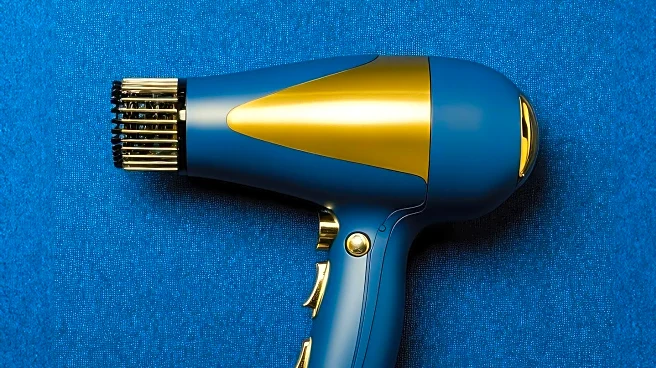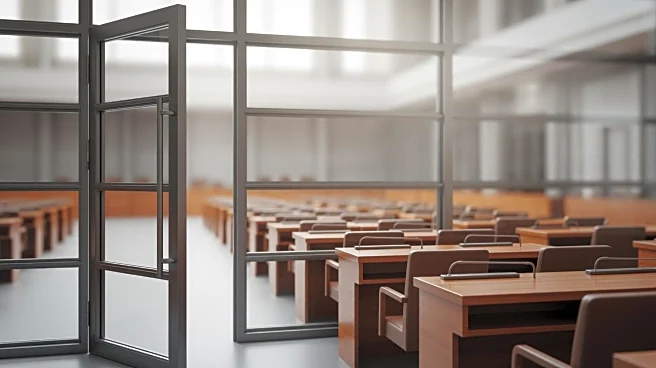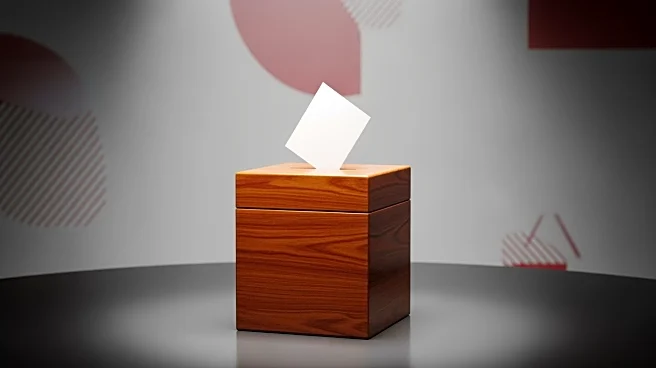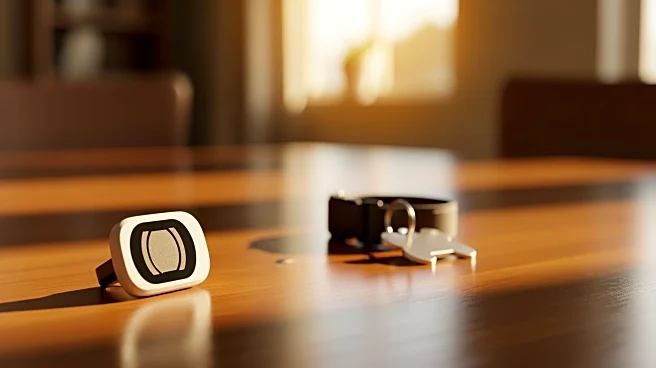What's Happening?
A recent survey conducted by Talker Research on behalf of Doctor's Best reveals that hair loss is the most feared physical change associated with aging among Americans. The survey, which included 2,000 adults, found that 42% of those noticing signs of aging experienced a significant drop in self-esteem due to hair loss. Hair loss, along with wrinkles, was identified as a top concern, particularly among younger generations such as Gen Z and Millennials. The emotional impact of hair loss extends beyond personal appearance, affecting confidence in social settings and dating life. The study also highlights that hair is a crucial part of personal identity for many, with two-thirds of adults considering it key to self-perception. Women, in particular, reported feeling pressured to hide thinning hair, with 51% admitting to doing so out of embarrassment.
Why It's Important?
The findings underscore the profound emotional and social implications of hair loss, which is often perceived as a cosmetic issue. The survey indicates that hair loss affects not only self-esteem but also interpersonal relationships and professional confidence. This concern is more pronounced among women, who face societal pressures regarding appearance. The study suggests a growing demand for non-invasive hair growth solutions, as 68% of respondents experiencing hair loss are considering supplements or treatments. The emphasis on hair as a component of identity highlights broader societal attitudes towards aging and appearance, influencing consumer behavior and the beauty industry.
What's Next?
The survey results may drive increased interest in hair growth products and treatments, as consumers seek effective solutions to address hair loss. Companies like Doctor's Best are likely to focus on developing science-based, accessible options that promote hair growth while boosting confidence. The beauty and wellness industry may see a shift towards products that cater to the emotional and psychological aspects of aging, potentially leading to innovations in hair care and anti-aging treatments. Additionally, societal attitudes towards aging and appearance may evolve, with increased awareness and acceptance of natural aging processes.
Beyond the Headlines
The survey highlights the cultural significance of hair in American society, reflecting deeper issues related to identity and self-worth. The emotional impact of hair loss suggests a need for broader discussions on aging and self-acceptance. As consumers increasingly seek solutions that align with their values and self-perception, there may be a shift towards holistic approaches to beauty and wellness. This trend could influence marketing strategies and product development in the beauty industry, emphasizing the importance of mental well-being alongside physical appearance.








